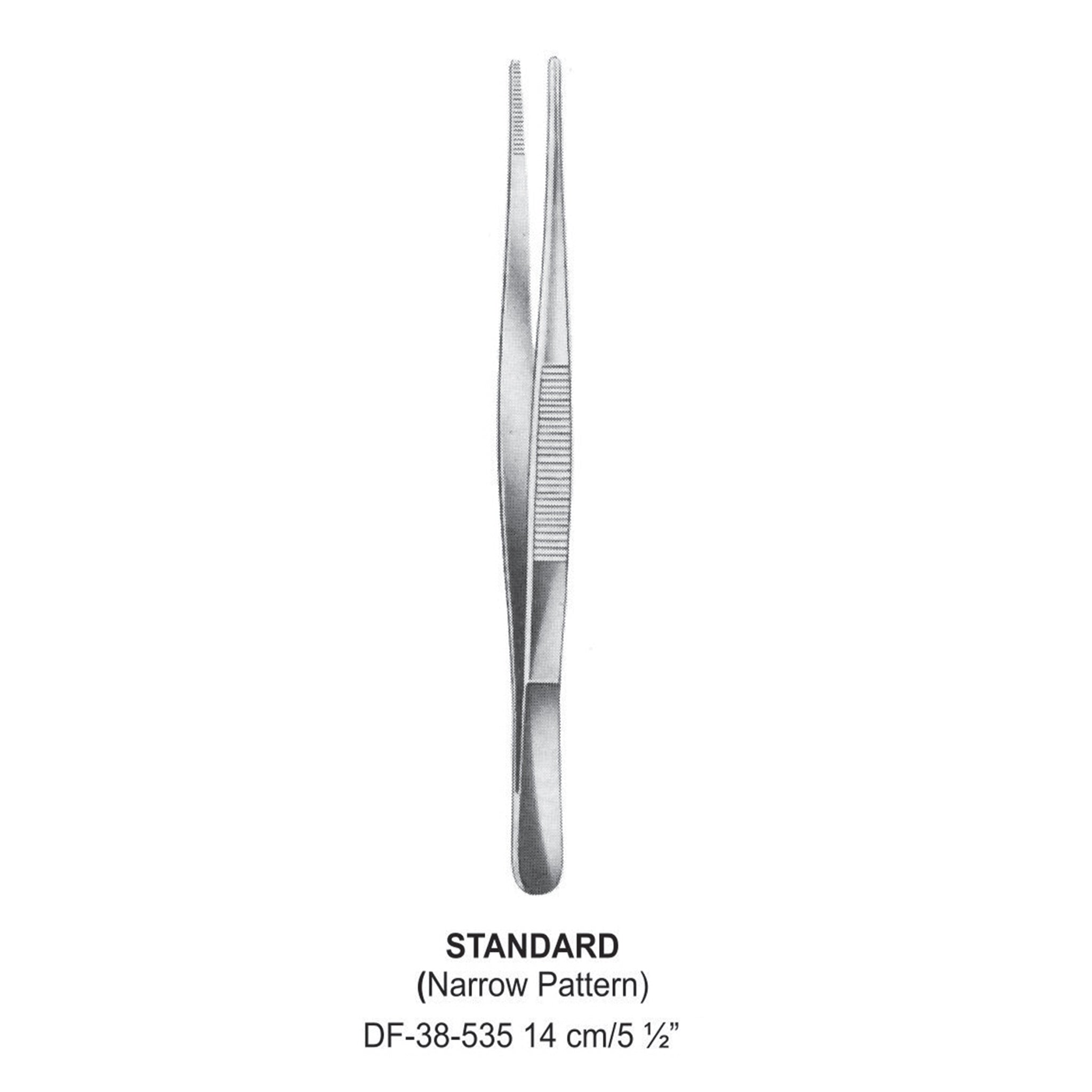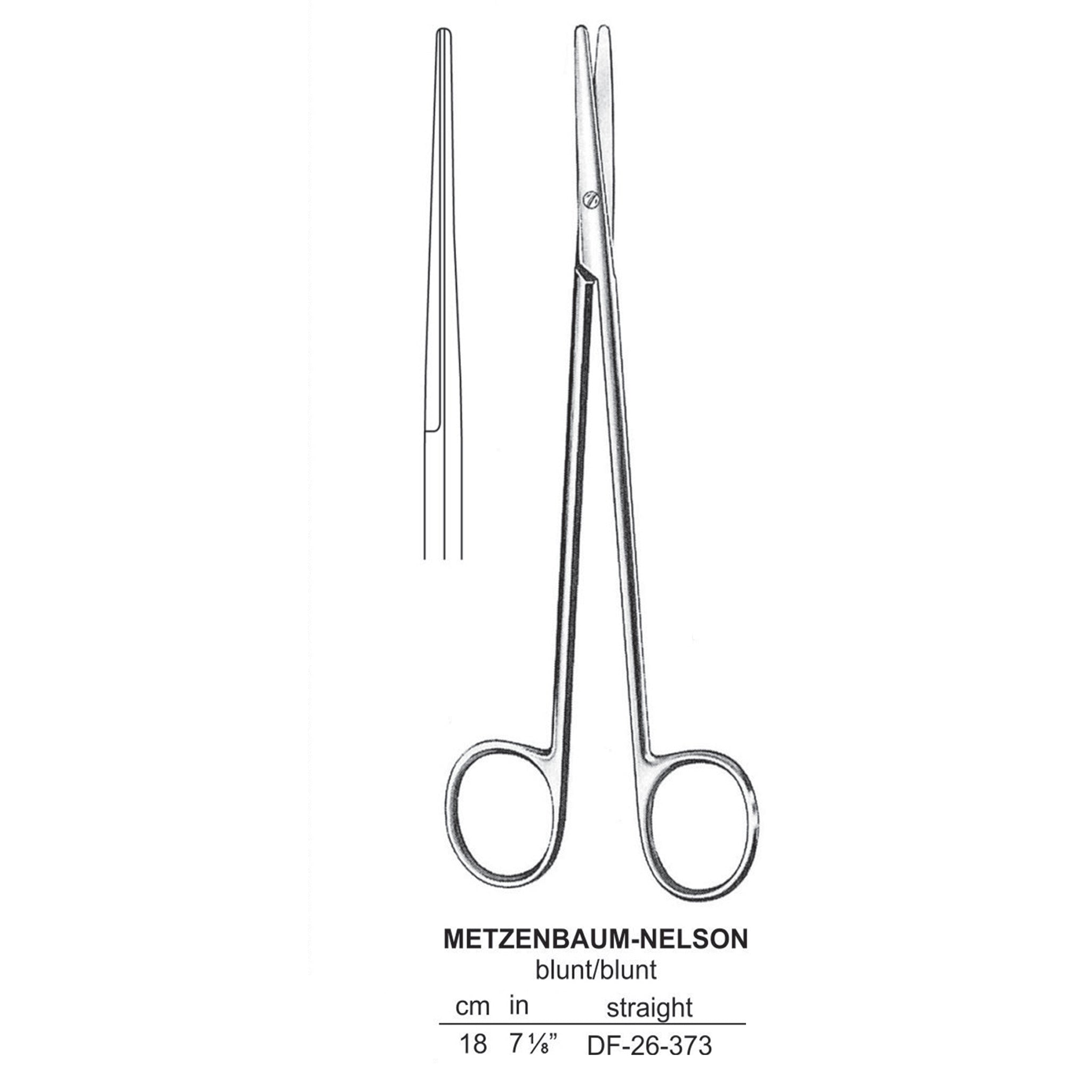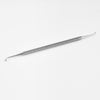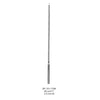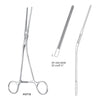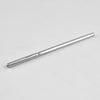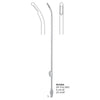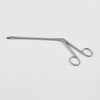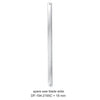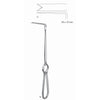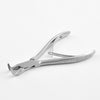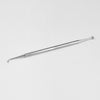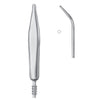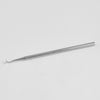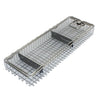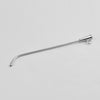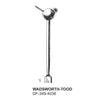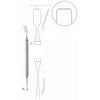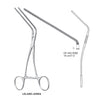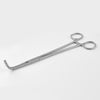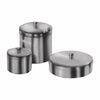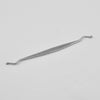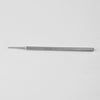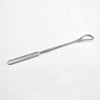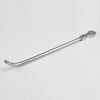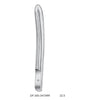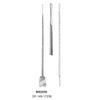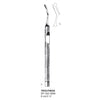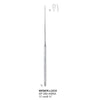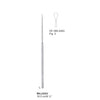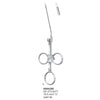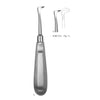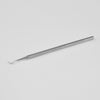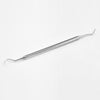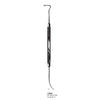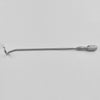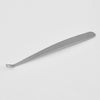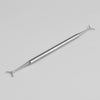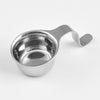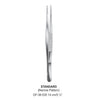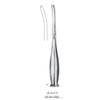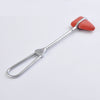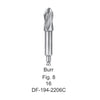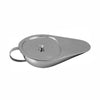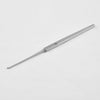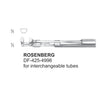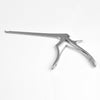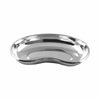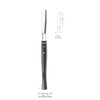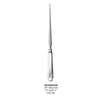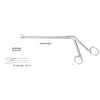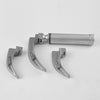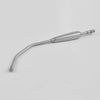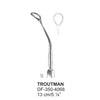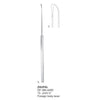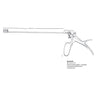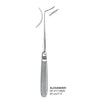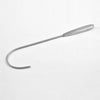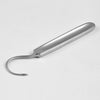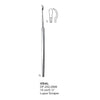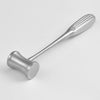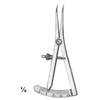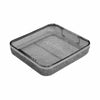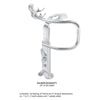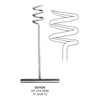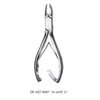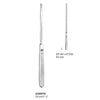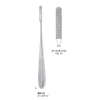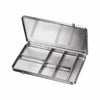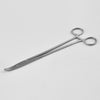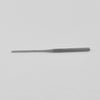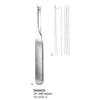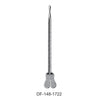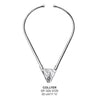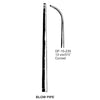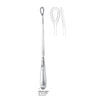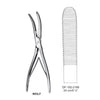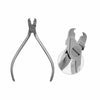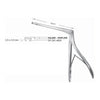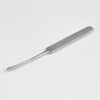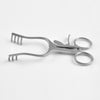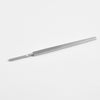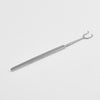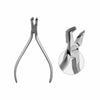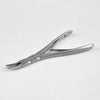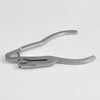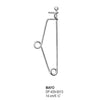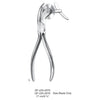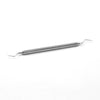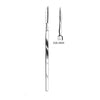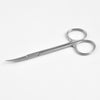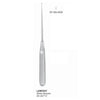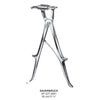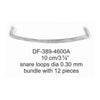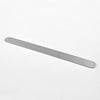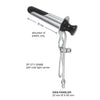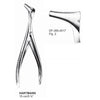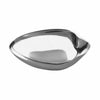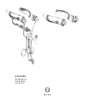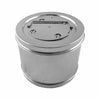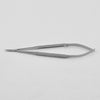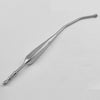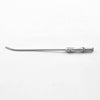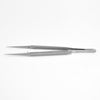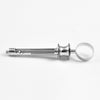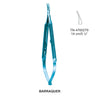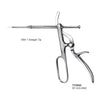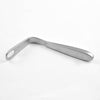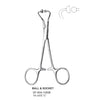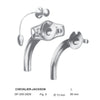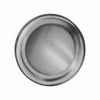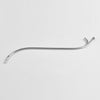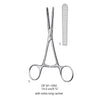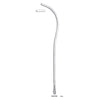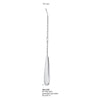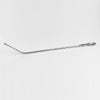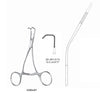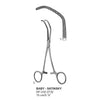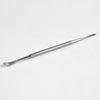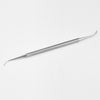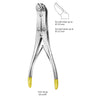The Different Types of Surgical Forceps and Their Uses
Surgical forceps are a critical tool for any surgical procedure. These instruments grasp, hold, and manipulate tissues, blood vessels, and other organs.
Forceps are an essential tool for a surgeon, and the ability to use them skillfully is a requirement for any medical professional. In this blog, we will explore the different types of surgical forceps and their uses and how to recognize the quality of forceps and other surgical tools.
The importance of forceps in surgery cannot be overstated. These instruments are used in various surgical procedures, including abdominal, plastic, orthopedic, etc. Surgeons use forceps to hold tissues in place, move organs out of the way, and precisely manipulate delicate structures. Without forceps, many surgical procedures would be impossible to perform.
There are many different surgical forceps, each designed for a specific purpose. Some of the most commonly used forceps include:
- Hemostatic forceps - These forceps are used to clamp blood vessels, preventing bleeding during surgery. They are also used to grasp and hold tissues.
- Tissue forceps - These forceps are used to grasp and hold tissues during surgery. They have a delicate grip that allows for precision handling of tissues.
- Dressing forceps - These forceps are used to handle sterile dressings during surgical procedures. They are also used to remove sutures and other foreign bodies from wounds.
- Bone forceps - These manipulate bones during orthopedic surgery.
- Dissecting forceps - These forceps are used to dissect tissues and separate structures during surgical procedures.
- Alligator forceps - These forceps have a curved jaw that allows them to grasp and hold tissues in tight spaces.
- Biopsy forceps - These forceps are used to take small tissue samples for laboratory analysis.
- Tenaculum forceps - These forceps are used to grasp and hold tissues during gynecological procedures.
- Splinter forceps - These forceps are used to remove splinters and other foreign bodies from wounds.
- Curved forceps - These forceps have a curved shape that allows them to reach and manipulate tissues in difficult-to-reach areas.
When selecting surgical forceps, it is important to consider their quality. Quality surgical tools are made from high-grade stainless steel and are designed to withstand repeated use and sterilization rigors. The tips of the forceps should be smooth and free of rough edges or burrs, which can damage tissues or cause infection. The forceps handles should be ergonomically designed, providing a comfortable grip that reduces hand fatigue and improves control. High-quality forceps should also resist corrosion and rust, ensuring a long lifespan and reducing the risk of microbial contamination.
In addition to forceps, many other types of surgical tools are essential for any surgical procedure. Some of these tools include:
- Scalpels - Used to make incisions in tissue.
- Scissors - Used to cut tissue and suture material.
- Retractors - Used to hold tissues and organs in place during surgery.
- Clamps - Used to hold tissues and blood vessels in place during surgery.
- Sutures - Used to close incisions and wounds.
- Needles - Used to pass sutures through tissue.
- Sterilization equipment - Used to ensure that all surgical instruments are free from contamination before use.
When selecting surgical tools, it is important to choose high-quality instruments designed for your practice's specific needs. Quality surgical tools should be durable, reliable, and easy to use. They should also be designed to minimize tissue damage and reduce the risk of bleeding.
How can you be sure you are getting quality surgical tools?
Several certifications relate to surgical instruments, including ASTM, CE, DIN, IEC and ISO. Each certification ensures that surgical instruments are safe, effective, and reliable.
- ASTM (American Society for Testing and Materials) is an international organization that develops and publishes technical standards for a wide range of products, including surgical instruments. ASTM standards cover a range of topics, including materials, design, performance, and testing. By following ASTM standards, manufacturers can ensure that their surgical instruments are safe, effective, and reliable from the point of view of metallurgy.
- CE (Conformité Européene) is a certification mark indicating that a product conforms to European Union health, safety, and environmental protection standards. In the European Union, CE certification is mandatory for many products, including surgical instruments. To obtain CE certification, a manufacturer must demonstrate that their surgical instruments meet certain design, manufacturing, and performance standards.
- DIN (Deutsches Institut für Normung) is a German organization that develops technical standards for various products, including surgical instruments. DIN standards cover topics such as materials, dimensions, and testing methods. By following DIN standards, manufacturers can ensure that their surgical instruments are safe, effective, and reliable, conforming to standards of care promulgated by the German Ministry of Health.
- IEC (International Electrotechnical Commission) is an international organization that develops and publishes technical standards for electrical and electronic products, including medical devices and surgical instruments. ICE standards cover topics such as performance, safety, and compatibility.
- ISO (International Organization for Standardization) is an international organization that develops and publishes technical standards for a wide range of products, including surgical instruments. ISO standards cover design, performance, testing, and quality management topics. By following ISO standards, manufacturers can ensure that their surgical instruments are safe, effective, and reliable.
Each of these certifications guarantees a surgical tool's quality, safety, and reliability. Manufacturers receiving these certifications produce surgical instruments that are safe, effective, and reliable. By following these standards, manufacturers such as surgicalinstrument.com ensure that their surgical instruments meet the highest quality and safety standards, providing healthcare providers and patients with the peace of mind that comes with knowing that they are using the best possible instruments for their surgical procedures.
We Have a Complete Inventory of Surgical Forceps
We carry a complete inventory of surgical forceps—and when we don't have an instrument in stock, we can manufacture it! Call us at +1 514 869 7747 or email us about your surgical instrument needs.


